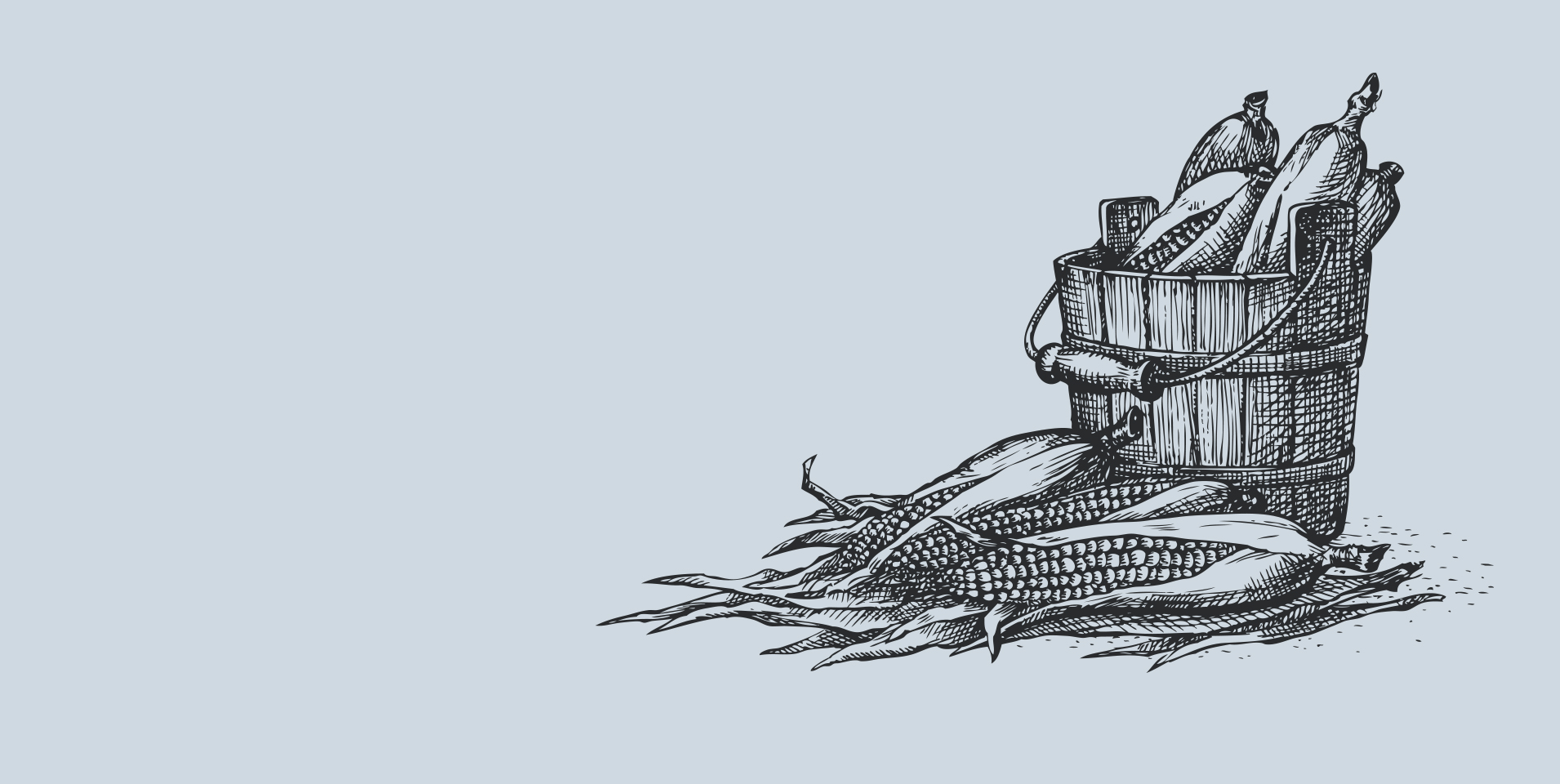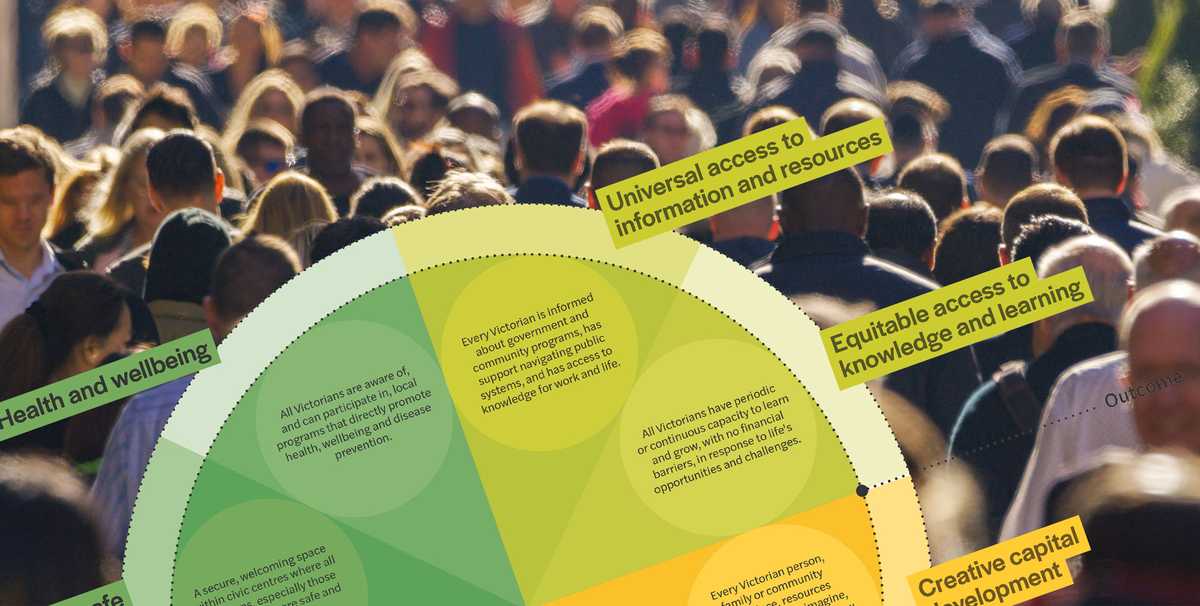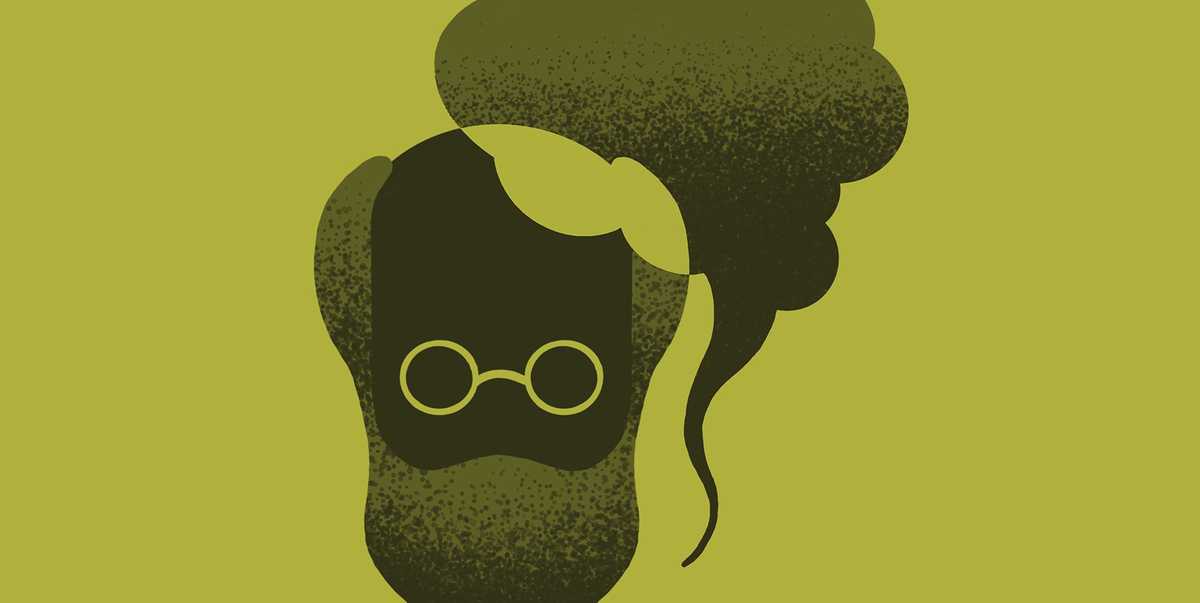
Saying ‘we will become a shared value enterprise’ has taken our company and our people on a challenging and rewarding journey, through junctures and to a current destination we could not have foreseen.
We are absolutely a different organisation, with more acute perceptions, more diverse perspectives and also more constraints.
Our purpose or mission has evolved from defining how we will apply our competencies to how and where we will make a contribution to society.
That purpose has attracted a different kind of employee and has seen us rewrite all of our job descriptions. Not only because we lead with social purpose but because it takes resilience and focus on educating clients and whole sectors of the potential of social impact as a business proposition.
Shared value always appealed to us because we work across public, social/not-for-profit and private sectors – all can learn and grow from its central tenets.
As behavioural/social researchers and communicators, we saw the nuance in the concept: how it could change redundant and anachronistic views of the role of sectors.
High performing, well-led organisations bear the same hallmarks in the not-for-profit and business worlds: the best of them already practice aspects of shared value. The concept brought focus and provided a direction for changing the conversation between communities, customers, and regulators.
It certainly changed our conversations with clients with mixed responses. Some saw it as an unwelcome distraction; others as an inspired reframing for what they were doing. Most were somewhere in-between.
From a market position perspective, our new identity as a shared value enterprise meant we had to rework our decision-making matrices. Across the leadership team, we unanimously decided to only work on projects and in sectors where we could have a positive impact on people’s lives.
On the difficult question of working with companies that had a poor social and environmental record, we decided to not dismiss but apply rigorous analysis on that company’s intent to change. We are better placed to apply our knowledge and expertise reorienting a company rather than ignoring or working against it.
By placing impact in our own narrative, we were compelled to develop a framework that we could use to focus and measure our own work. We are still learning a lot from this exercise.
Although we would like to measure everything we do, our collaborators and clients do not always prioritise social impact measurement: in many cases, the budget is deemed to be better placed elsewhere (often, given the constraints, we agree).
There are many common or relevant indicator sets applicable to each community, sector, activity/intervention, company and product or service. So we have worked to simplify the process of identifying those indicators that matter, that are aligned with the identity and needs of key stakeholders or beneficiaries, and that can be feasibly measured.
Our competencies have changed. We’re using a range of techniques and hybridised forms of human-centred design, shared value, and our own social thinking methods to find more creative, authentic and often less risky solutions to client problems. Everyone in the team has had to skill up.
Our business improvement and strategic planning work is growing. Our design studio is constantly working on how design can have a social impact as distinct from, and in tandem with, the work of our strategists and communicators.
We have a commitment to reinvesting profit in initiatives, knowledge, and networks. This is not donating profits to a good cause: it takes the form of strategic investments in insights, activities and service development so that we may have greater social impact through our work.
This decision has led to us working on a company-initiated social enterprise, actively forming partnerships with new collaborators, designing approaches for social impact application by sector, and sharing knowledge in forums and the media.
Keen to know more? We’re planning social impact and shared value events in our Realm of Possibilities workshop and events space. Express your interest. Help us shape a program of training, talks and collaboration that has impact. Get started!
As an early adopter, we were also cautious of being the cheerleader for an idea that is someone else’s. But we believe ideas are powerful and applying them in practice takes a different kind of talent which we have worked to procure. We resolved that, as long as our capitalism is the economic and political system in which we work, society needs shared value.
Fundamentally, shared value has changed why we come to work. We still want to be competitive and win exciting briefs, but knowing that those briefs can lead to helping people be healthier, access services, connect with their peers, or find help quicker, means the rough patches and wrong turns are worth it – and the successes provide our team with a legacy of which they can be proud.
Doing good is surprisingly hard. Organisations, systems, mindsets, behaviours all need to be changed – sometimes for small gains. However, now we have come this far, the alternative is simply not an option.
Talk to us about the journey you’re on.

